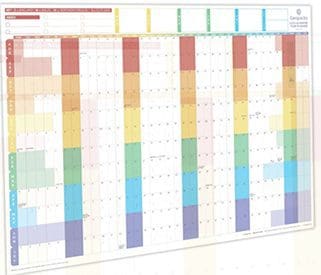Leading History
10 most important things a secondary history subject leader should always be doing…yes, always
No contrived acronym here or implied order of priority just making sure you do the right things as well as…
Read MorePrioritising in history at Key Stage 4
As always there is a balancing act to be done. On the one hand you have to deal with the…
Read MoreDeveloping your staff at key stage 4
Teaching GCSE presents its own set of challenges, not least learning the code that you will need to crack to…
Read MoreMonitoring performance in history at KS4
The best way of monitoring students’ performance is to set frequent exam based activities, broadly under test conditions and then…
Read MoreUsing data in history at Key Stage 4
Twelve years or so ago the only meaningful data we had for GCSE was the percentage of students achieving each…
Read MoreRaising attainment at Key Stage 4
This section of the site contains four different types of advice. There is general advice, outlining factors that usually explain…
Read MoreSelf-evaluation in history at Key Stage 4
Getting ready for a history subject review: knowing what OFSTED inspectors are looking for and the criteria they are using…
Read MorePolicy and vision at Key Stage 4
Many of you will feel that having a separate history policy at Key Stage 4 is unnecessary, and yet you…
Read MoreForward planning in history at Key Stage 4
There are probably four separate strands that you need to weave into your forward planning. To start with there will…
Read More




